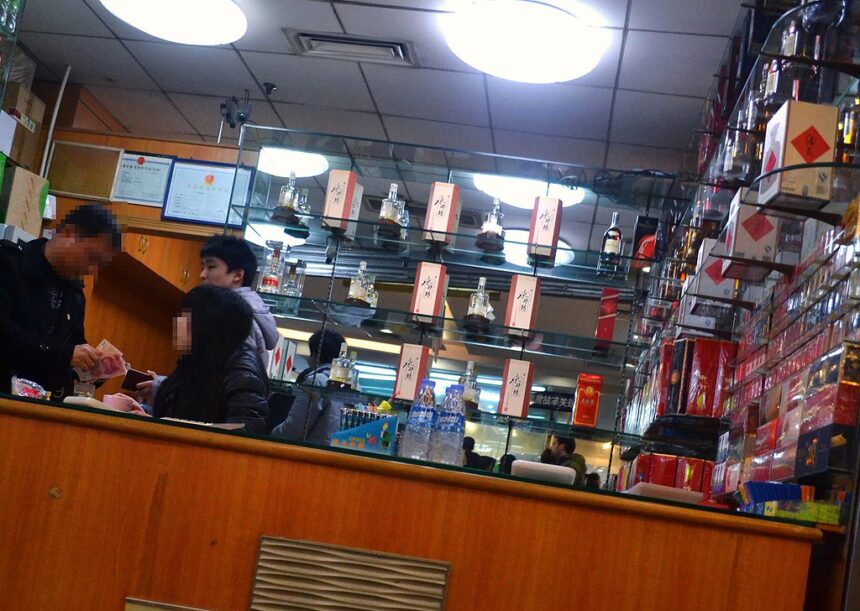Downtown Buenos Aires, Argentina is the home of a thriving network underground cash merchants called arbolitos.
Their business has seen a sharp decline.
According to Reuters’ report, Argentina’s strict currency regulation allowed informal money traders to thrive for many years. They provided residents access to US Dollars as the value of the peso plummeted.
The libertarian president Javier Milei has a new economic shock treatment that is reversing the reality.
Milei has removed the majority of a currency control system that had been in place for six years. This gives Argentines greater access to dollar and closes the gap between exchange rates.
It is part of an extensive reform designed to stabilize an economy that has been hurt by inflation, capital flight and declining investor confidence.
The FX Reform reduces black market
The reform made things easier for Argentines as well as enterprises. The official dollar market allows companies to purchase imports directly from it, avoiding bureaucratic obstacles.
Moreover, consumers do not need to look for bargains on the black market to safeguard their wage value.
The impact on street vendors has, however, been swift and unpleasant.
As the gap between the official exchange rate and its unofficial counterpart narrows, so has been seen that black market margins in Argentina.
The two rates have been effectively linked for the first time in 2019 thanks to the lifting of the capital controls imposed on the peso to keep it from falling.
The normalisation of the financial system is believed to be a positive step by economists.
This also leads to an increase in taxable economic activities, as fewer people are reliant on illegal monetary transactions.
Investors praise policy
The currency reform in Milei is part of an initiative that aims to attract foreign investments and open the economy.
The country has signed a contract worth $20 billion with the International Monetary Fund. This will provide economic stability to a nation that is volatile. It is the ultimate goal to remove capital controls.
This new agreement will enable companies to repatriate their profits with no restrictions. It is a major breakthrough that observers claim has been well received by the international markets.
It is important to know how this capital will flow through the economy.
Black market demand continues to grow
Reforms did not benefit all sectors in the same way. Argentina is more expensive to foreign tourists due to the stronger exchange rate. This has led a reduction of 25% in tourism arrivals in 2025, when compared with the same time period in 2017.
The economy has been deprived of a crucial source of currency even though the country is opening up to investors from abroad.
The illicit market has not disappeared despite the improvement. Argentina’s large informal sector, consisting of small-business owners and workers who do not pay taxes, still relies on the unofficial exchange of currency to transfer undeclared income or to avoid inspection.
Many Argentineans have historically switched their pesos into dollars to safeguard themselves against financial instability.
In today’s economic climate, where earnings are stagnant and costs continue to rise, few people can save or convert.
Wage stagnation undermines dollar demand
Since Milei’s election, the rate of inflation has decreased slightly. However, real wages in public service have continued to fall.
Many Argentines say that they cannot afford to purchase dollars, even if it was their desire.
In a hyperinflationary country, the US dollar is no longer viewed as a safe tool by families, but rather a policy of the government.
Milei’s high-risk experiment in economics has led to the disappearance arbolitos on the pavements of Buenos Aires. This could have a major impact on the financial climate in Argentina in the future.
As new information becomes available, this post Argentina’s Black Market for Dollars Fails as President Milei Dismantles Currency Controls may be updated.






